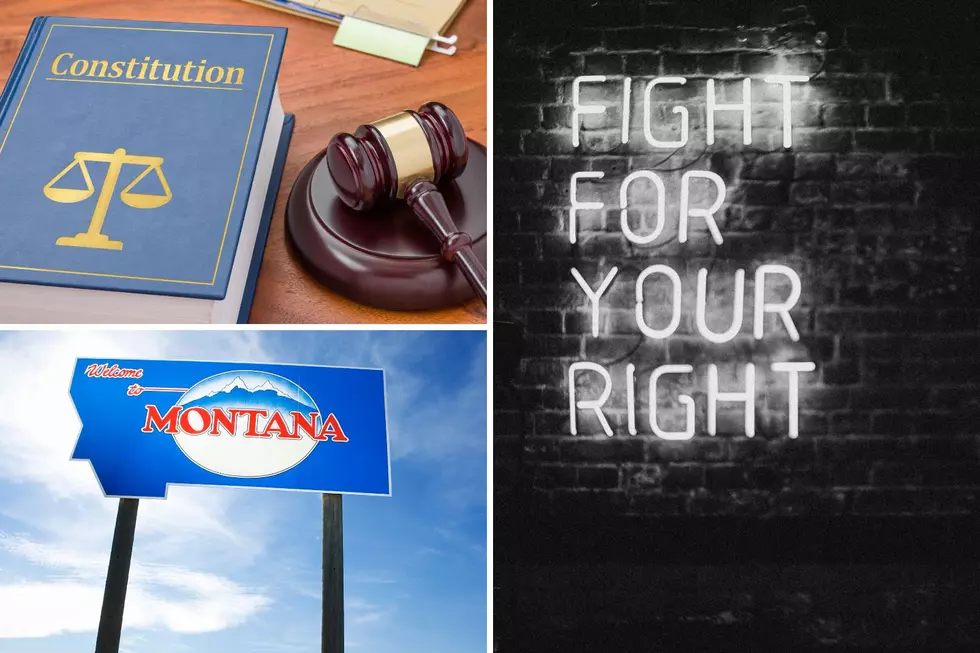
Restaurants May Soon Scan Your License Plate
Do you take a news item or topic, and think a little further about it?
Aaron recently interviewed Wendy Patrick from Fox News Radio about upcoming technology that allows a fast-food restaurant to scan the license plate on your car, and staff may have your regular order all ready to go by the time you reach the window. Of course, the discussion turned to convenience versus privacy. Aaron rightly pointed out that a person gives up a lot of privacy when they download apps to their smartphones.
I drew the same comparison between cars and smartphones and our Constitutional right to privacy. For a refresher, let's look at the 4th amendment:
Protection from Unreasonable Searches and Seizures
The right of the people to be secure in their persons, houses, papers, and effects against unreasonable searches and seizures shall not be violated, and no warrants shall issue but upon probable cause, supported by oath or affirmation, and particularly describing the place to be searched and the persons or things to be seized.
A key part of this food service is that customers opt-in for the plate scanning, thereby giving up the security of their “effects.”
This question of privacy applies to both smartphones and cars. A warrant is required to search a phone and the inside of a car. But social media is open to the whole world, so is a warrant still needed? And the license plate is attached to the outside of the car, and Wendy noted that anyone can see your license plate as you drive by, therefore not truly private. Police do not need a warrant since they can run that plate immediately.
So the question hangs out there in many aspects of our modern lives. Where are the lines between private and not private?
More From KBUL NEWS TALK 970 AM & 103.3 FM


![Watch This Guy Put So-Called Mediums on TV to Shame [Video]](http://townsquare.media/site/394/files/2013/11/Jack-Vale-Video-Still.jpg?w=980&q=75)


